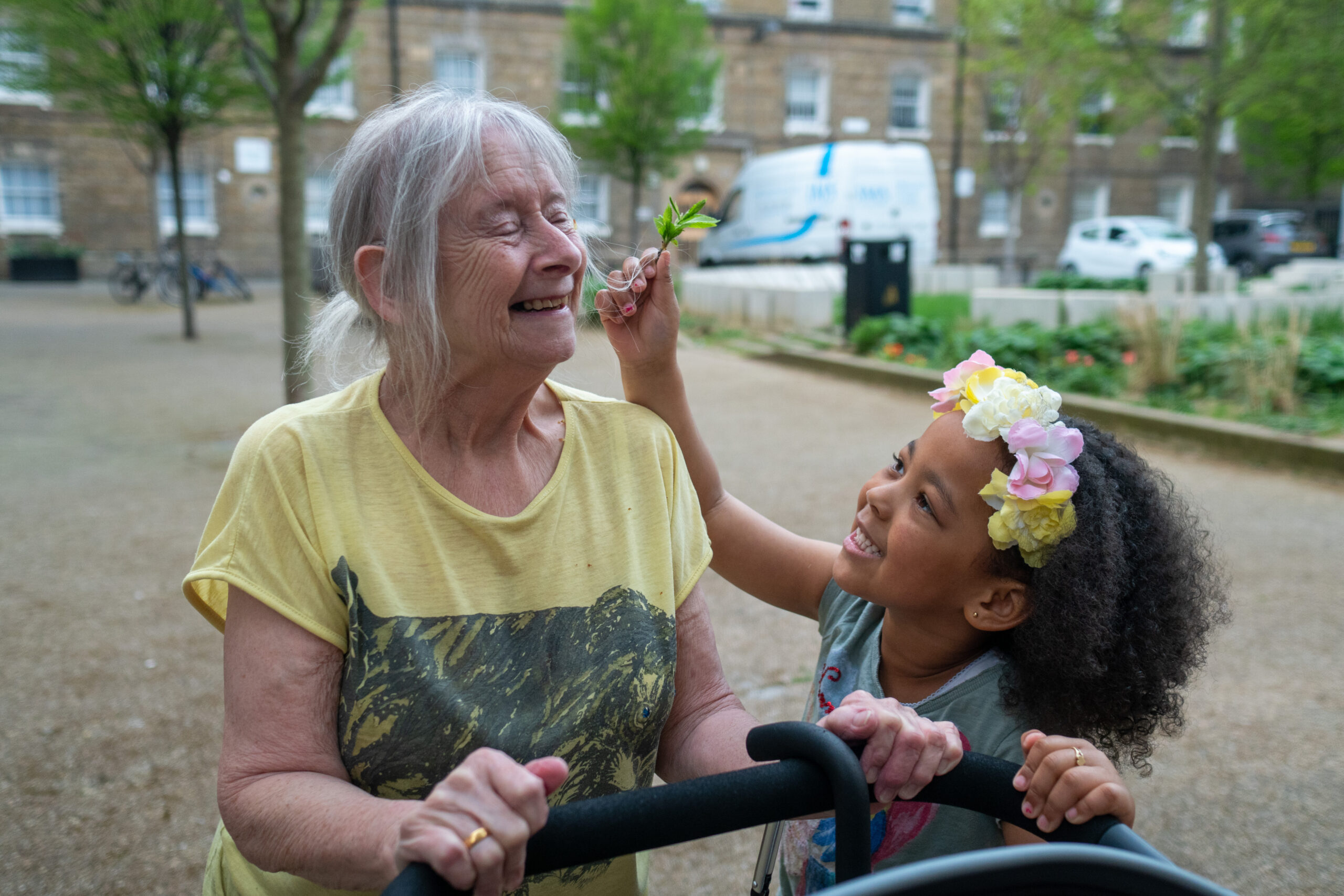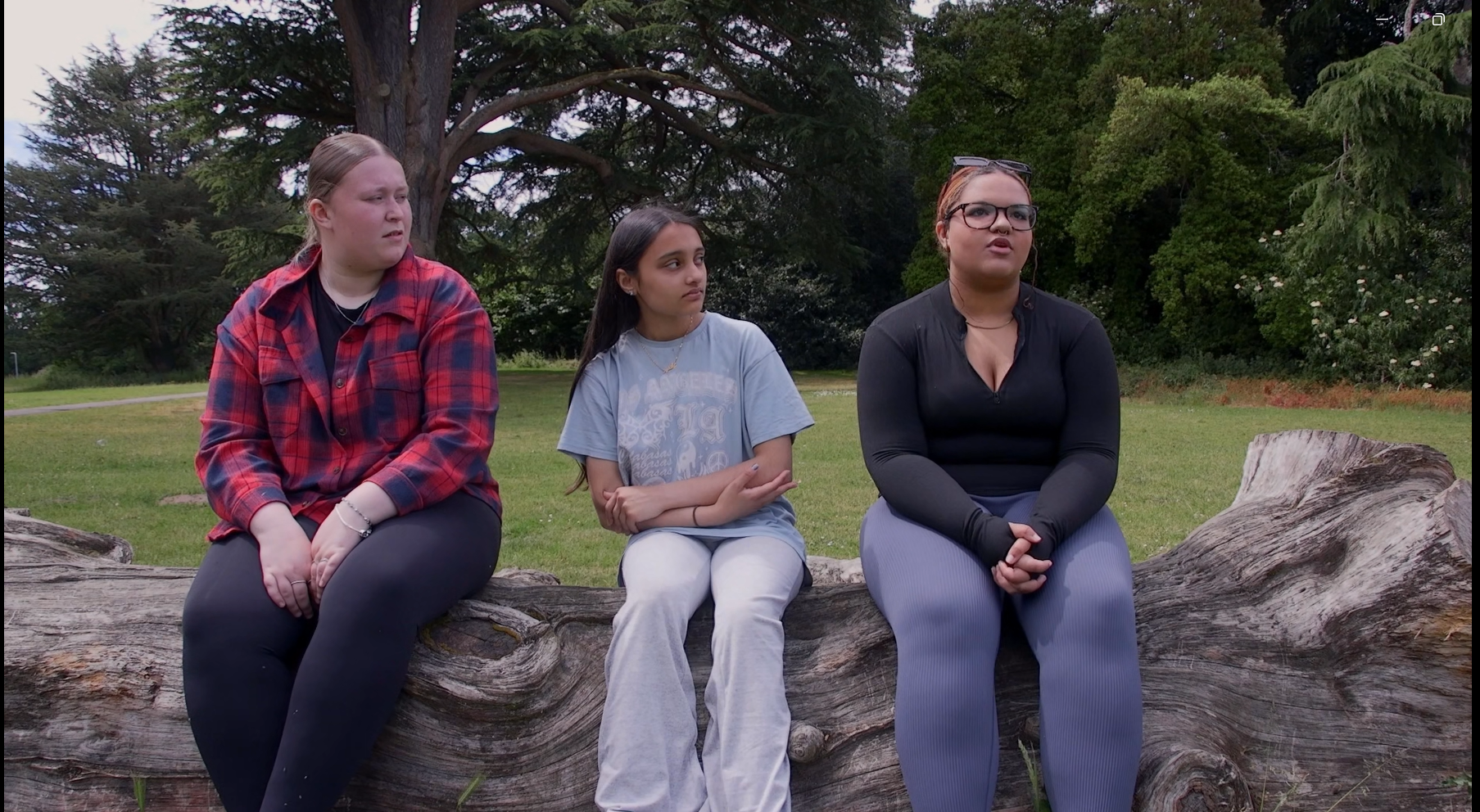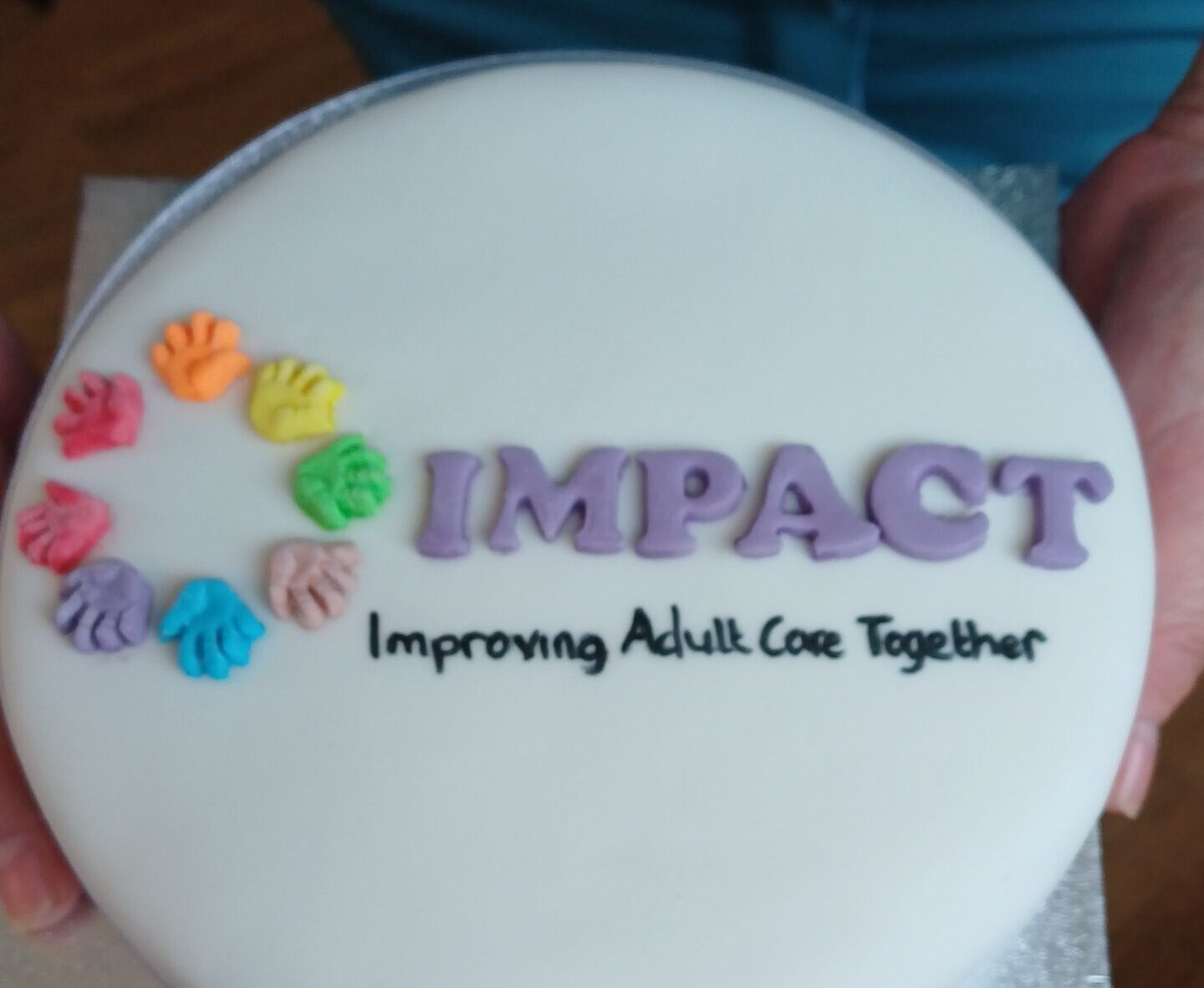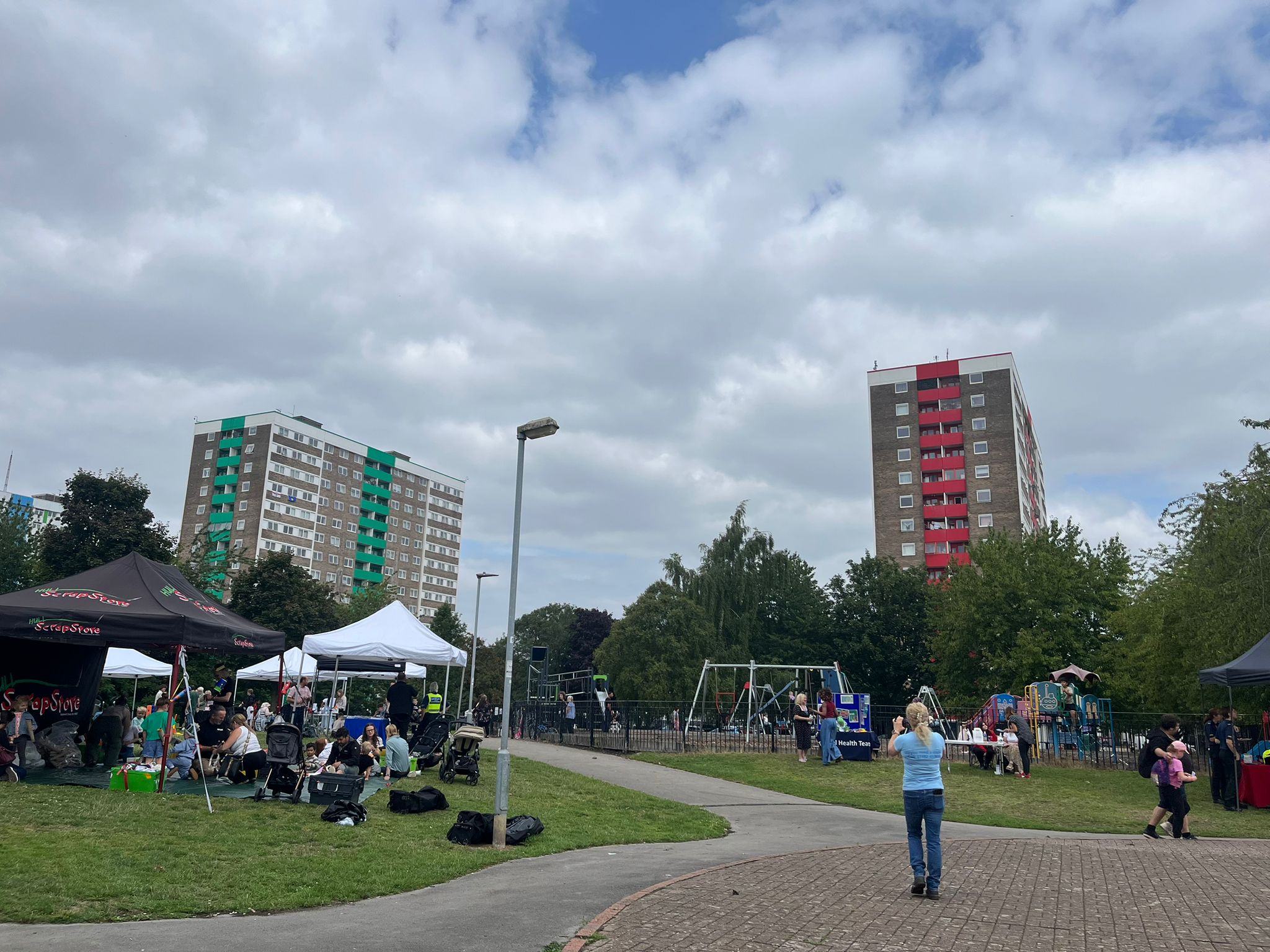Networks
What are Networks?
Each Network is made up of eight to ten people in each of the four nations, who meet to discuss a common yet complex challenge using a set of pre-prepared materials.
They meet regularly over a period of six months, feeding back to the Networks Lead each time.
Members will share their experiences and learnings, and suggest practical and scalable ideas for an action plan.
Projects
2025-26
2024-25
2023-24
2022-23
Latest project updates
Networks Newsletter
To join the Networks mailing list, use the form below:
Project team
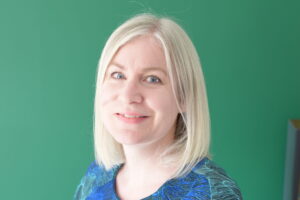
Kate Hamblin
networks lead
I’m a Research Fellow at the Centre for International Research on Care, Labour and Equalities (CIRCLE), University of Sheffield. My research has focused on technology and its role in care systems in the UK and further afield.
I am passionate about supporting change in adult social care and learning from those with practice and lived experience.

Amber Cagney
networks manager
I worked in the anti-slavery/anti-trafficking sector for almost ten years in various roles from direct casework to safe house manager.
My background includes trauma informed training delivery; engagement in advocacy for policy change in the sector; facilitating multi-agency working and engagement with survivors with lived experience. I strongly believe in the saying “nothing about us, without us” when it comes to working to improve the lives of people.

Dr Maria Teresa Ferazzoli
deputy networks lead
What I really found exciting about IMPACT is knowing that my future work as an academic is not defined by ‘a gap in the literature’ but by the real problems of real people in social care. My main research interests include the provision of mental health support in different countries.
I have worked on research projects that explore particularly sensitive subjects, including human trafficking, support for parents experiencing neonatal death and unequal access to social care and migration.
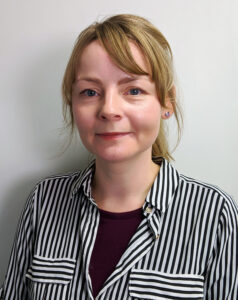
Su Proctor
networks administrator
I joined IMPACT as it aims to make a real difference in people’s lives, and contributing to this gives me a sense of pride and satisfaction. I’ve always worked in the health or education sector, but since I joined The University of Sheffield, in 2017, I worked in the Research Design Service.
This NIHR-funded service provided free design and methodological support to health, public health and social care researchers who were developing research applications.
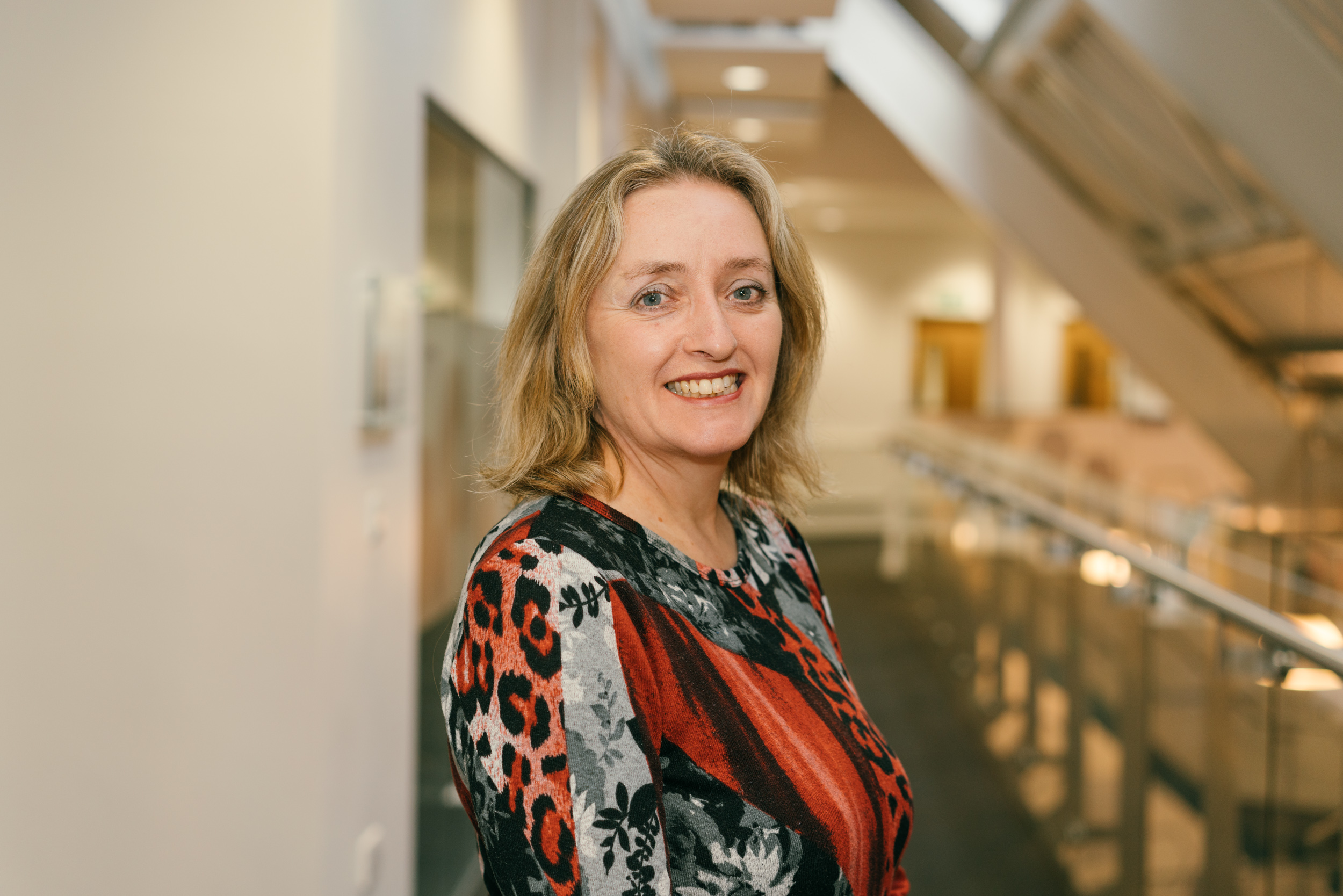
Cate Goodlad
NETWORK Project Officer
I completed my PhD in Education at the University of Sheffield in 2011, focusing on the discourses of access students moving into higher education. This study drew extensively on the work of the philosopher Michel Foucault and Discourses.
I am an experienced qualitative researcher and have worked on a number of projects at the University of Sheffield. These include Doing Care Differently with Dr Diane Burns, the ESRC Sustainable Care project looking at Delivering Care at Home (with Dr Diane Burns and Professor Kate Hamblin), and with Professor Rachael Finn in the Management School looking at the Retention of Mental Health Staff in the NHS.
My research interests include:
Publications
From Orchid ID: https://orcid.org/0000-0003-0612-4402
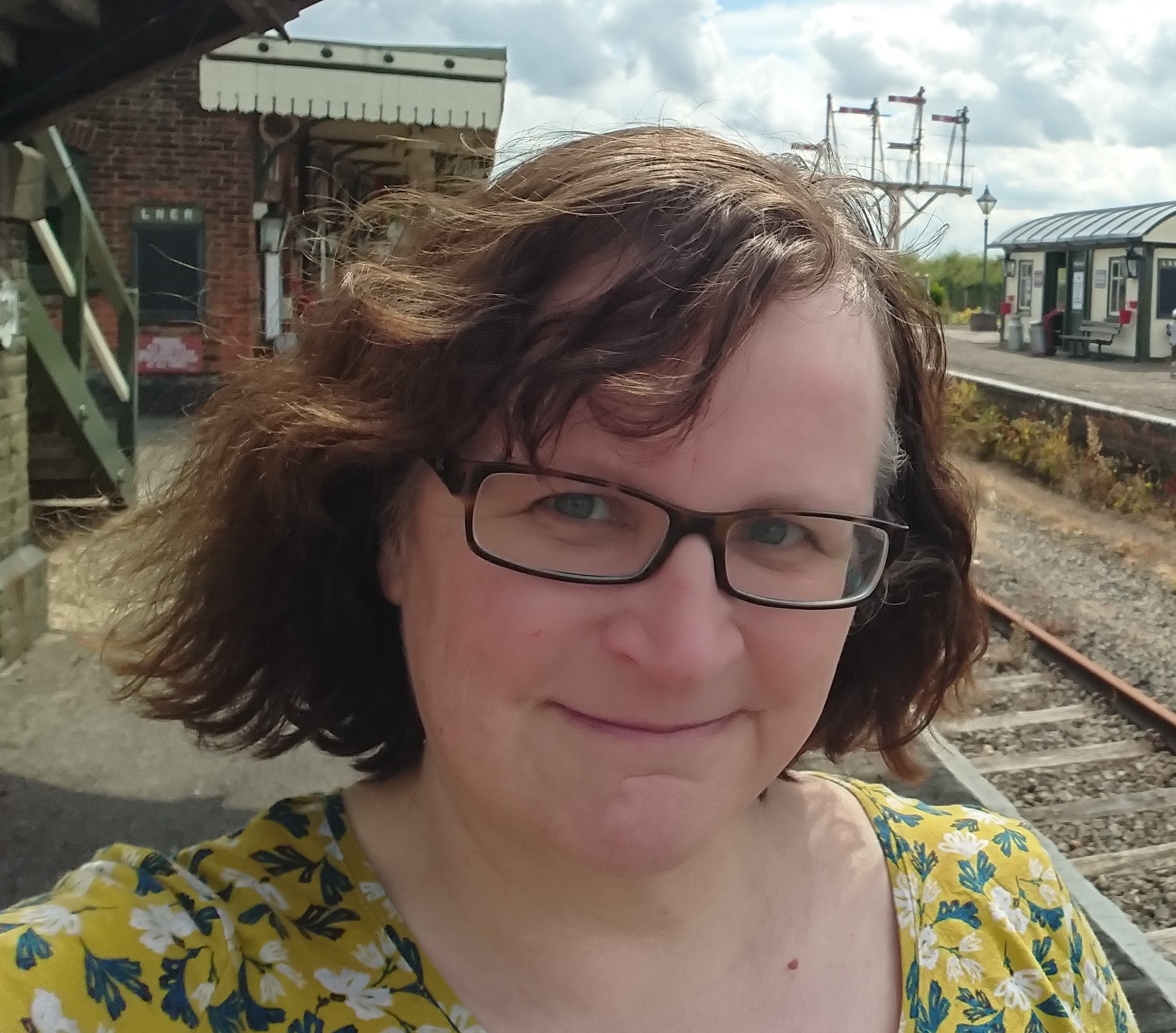
Zana Bayley
NETWORK Project Officer
I am a qualitative researcher with a background in health and social care. Previously, I’ve worked in various roles including mental capacity advocacy, disability, equality, and education consultancy. I have a passion for education and lifelong learning, and has successfully created and delivered training courses, workshops, and online and
printed resources/material.
I am committed to addressing inequity of care, particularly for marginalised populations and at critical times such as end of life. In my previous research project I was responsible for the co-production of end-of-life care resources with under-researched care workers.
My research interests include:
Publications
Take from OrcID Zana Bayley (0000-0001-7890-8682) – ORCID

Oluwatobi Olujobi
CREAtIVE COMMUNICATIONS Officer
I have experience in communications and marketing across public, private, and non-profit sectors, with a focus on storytelling that drives engagement and social impact. Before joining IMPACT, I led Fibroid Force a social enterprise project aimed at raising awareness and improving support for women affected by fibroids. The experience deepened my commitment to using communication as a tool for advocacy and empowerment.
My background includes developing creative content strategies, managing social media and digital communications, and producing multimedia materials that make complex ideas accessible. I’m passionate about amplifying diverse voices and sharing stories that reflect lived experience and influence change.

